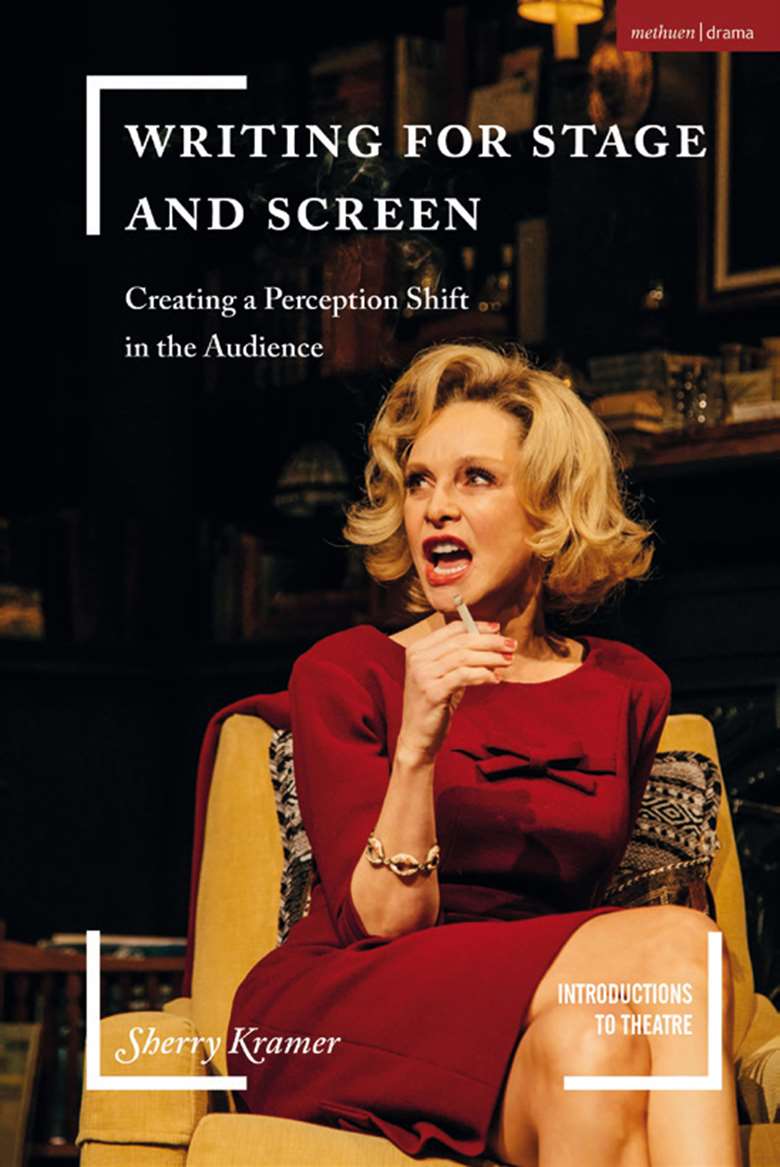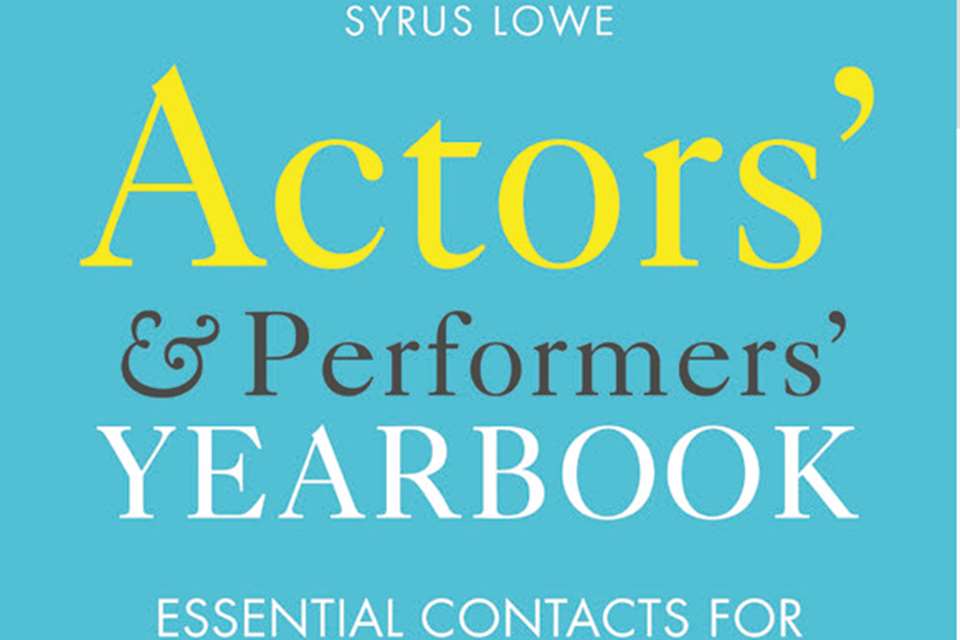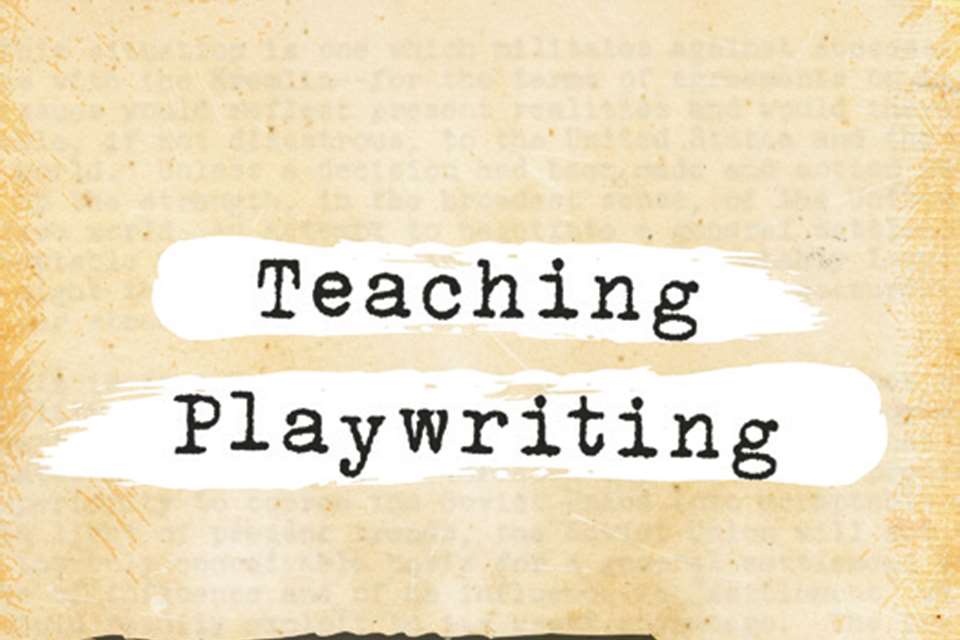Reviews: Drama Games for Writing for Stage and Screen
Emily Wheatman
Sunday, October 1, 2023
'This is a must-have guidebook for early-career screen and stage writers,' says reviewer Emily Wheatman on Drama Games for Writing for Stage and Screen by Sherry Kramer.

As a theatremaker and practitioner, I'm constantly watching films or going to the theatre and trying to work out what exactly makes a timeless piece of art. How do writers construct their narratives to surprise, enthrall and move us – all in two or three hours? So, imagine my delight when I realised that Sherry Kramer had not only figured out the many factors that go into this, but had also broken them down into accessible steps, complete with current examples and simple tasks, allowing us to utilise the same constructs in our own work.
Writing for Stage and Screen feels highly comprehensible. The references are current (Fleabag, Moonlight and Pirates of the Caribbean, to name just a few) and mostly available to watch on streaming services, which allows us to really understand the concepts Kramer describes.
It focuses on exploring a perception shift for the audience that occurs in all timebound art, and the various ways in which writers construct that through story, plot, use of rhyme, patterns and consequence. In the preface of the book, Kramer describes a work of timebound art as ‘a Möbius strip that we build inside each audience member, taking them back to where they started, changed.’
This is exactly the experience I had when reading the book. It's a piece of work that you want to pick up and put down, to muse over the detail that Kramer goes into, but also one that you finish and want to read again. I felt like I was absorbing into my own work the many factors that go into making a timebound art.
Writing for Stage and Screen is a must-read for any theatre students that want to be able to analyse plays at any educational level. While it might appear dense, Kramer divides the chapters into manageable chunks, with excellent exercises at the end of each section where you can try out analysing the various concepts discussed in real time.
The exercises vary from analysing the construction of a joke to tracking the use of doubling in a short play. Many of them feel very classroom or homework appropriate, and easily adaptable to whatever play your students are currently studying.







